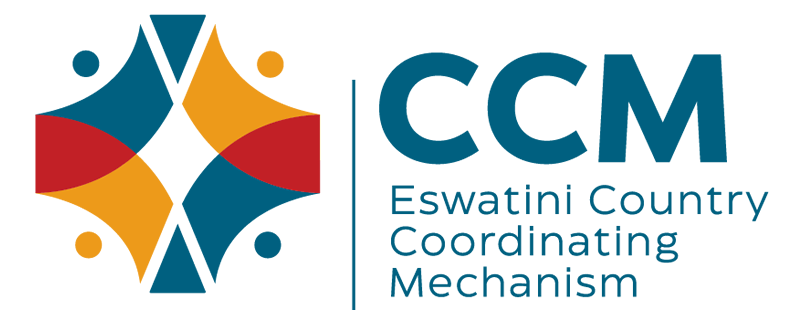History of CCM
The Eswatini Country Coordinating Mechanism (CCM) has a history rooted in its role as a key governance body for managing and overseeing Global Fund grants aimed at combating HIV/AIDS, tuberculosis (TB), malaria, and COVID-19. Here’s a brief overview of its development:
- Establishment: The CCM was established as part of the Global Fund's strategy to involve country-level stakeholders in the management and oversight of its grants. It serves as a multisectoral governance body that ensures effective resource allocation and implementation of health programs.
- Functions: The CCM's primary functions include mobilizing resources from the Global Fund, fostering multistakeholder partnerships, developing and submitting grant proposals, and overseeing the implementation of approved grants through principal recipients (PRs). It ensures the efficient management of funds, procurement of supplies, and monitoring of program outcomes.
- Evolution: Over the years, the CCM in Eswatini has evolved to address the changing needs of the country’s health landscape. It has adapted to new challenges and opportunities in the fight against HIV/AIDS, TB, malaria, and COVID-19. The CCM has been instrumental in securing significant funding to support health programs and improve outcomes.
- Impact: The CCM’s efforts have led to substantial improvements in health outcomes in Eswatini. By coordinating with various stakeholders, including government agencies, NGOs, and community groups, the CCM has helped to ensure that grant funds are used effectively and that programs reach those in need.
- Current Focus: The CCM focuses on improving its governance structures, enhancing program management, and ensuring that Global Fund resources are used efficiently to achieve the country's health goals. Additionally, it is working on strengthening partnerships and addressing emerging health challenges.
The CCM’s history reflects its commitment to improving health outcomes through strategic management of resources and collaboration with a broad range of stakeholders.
